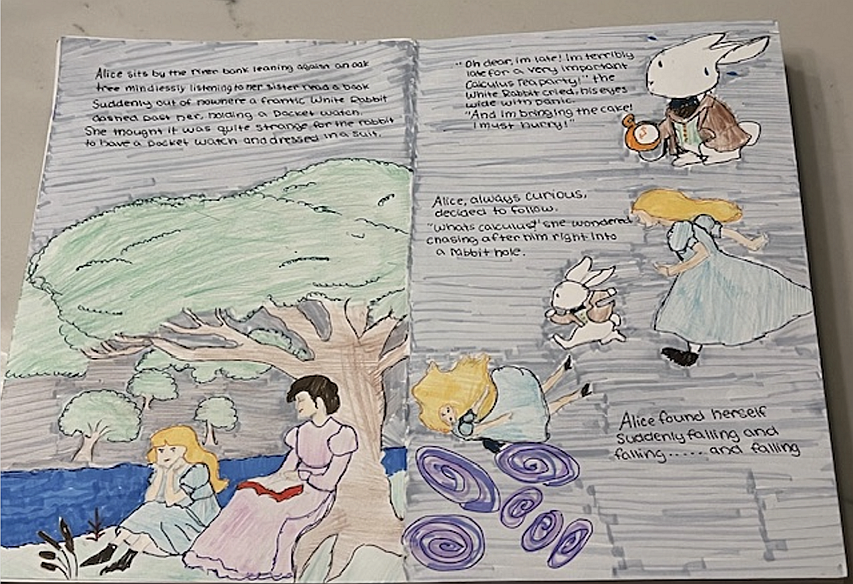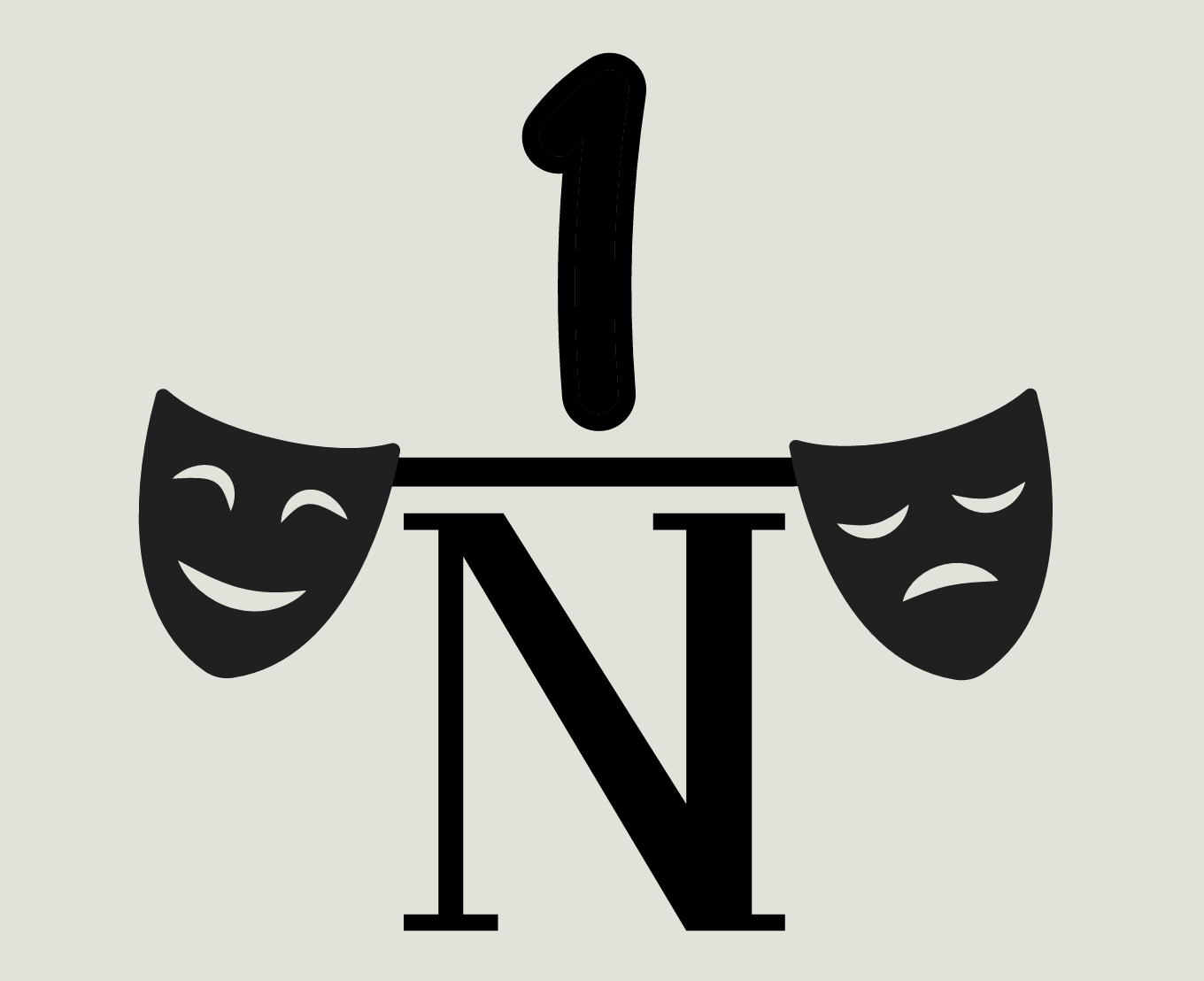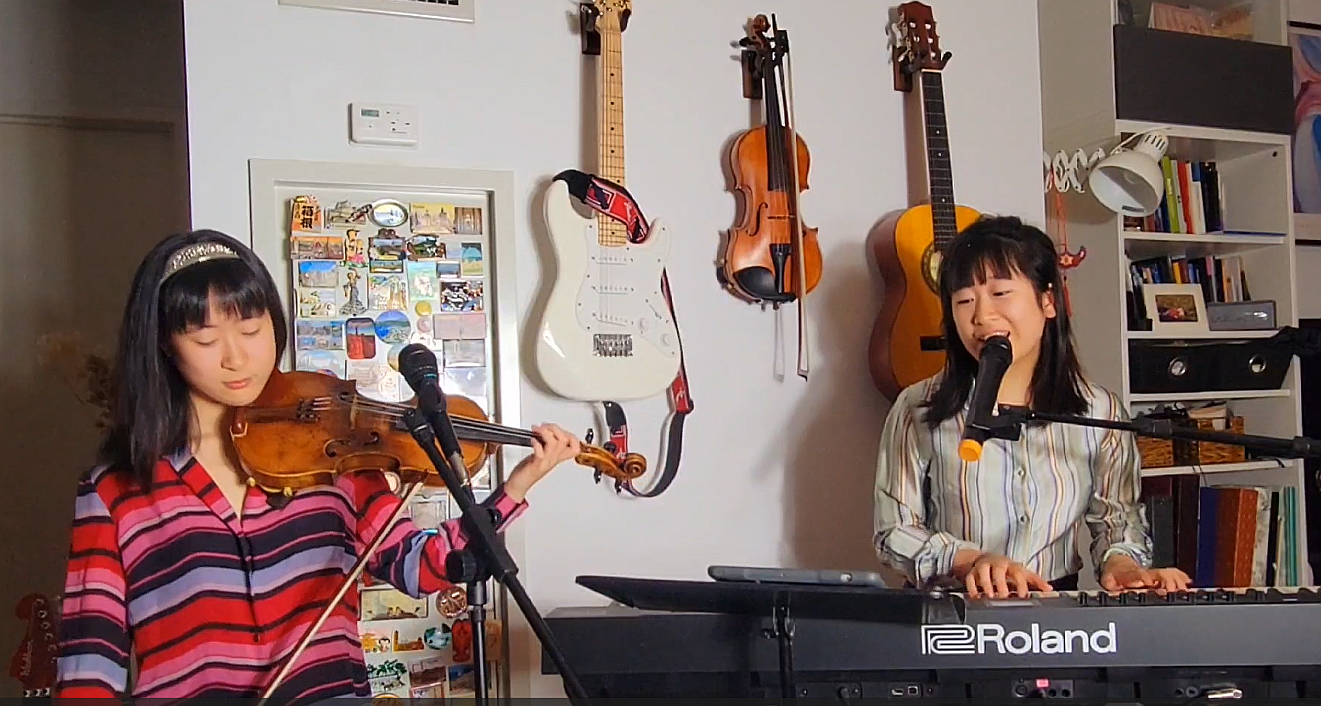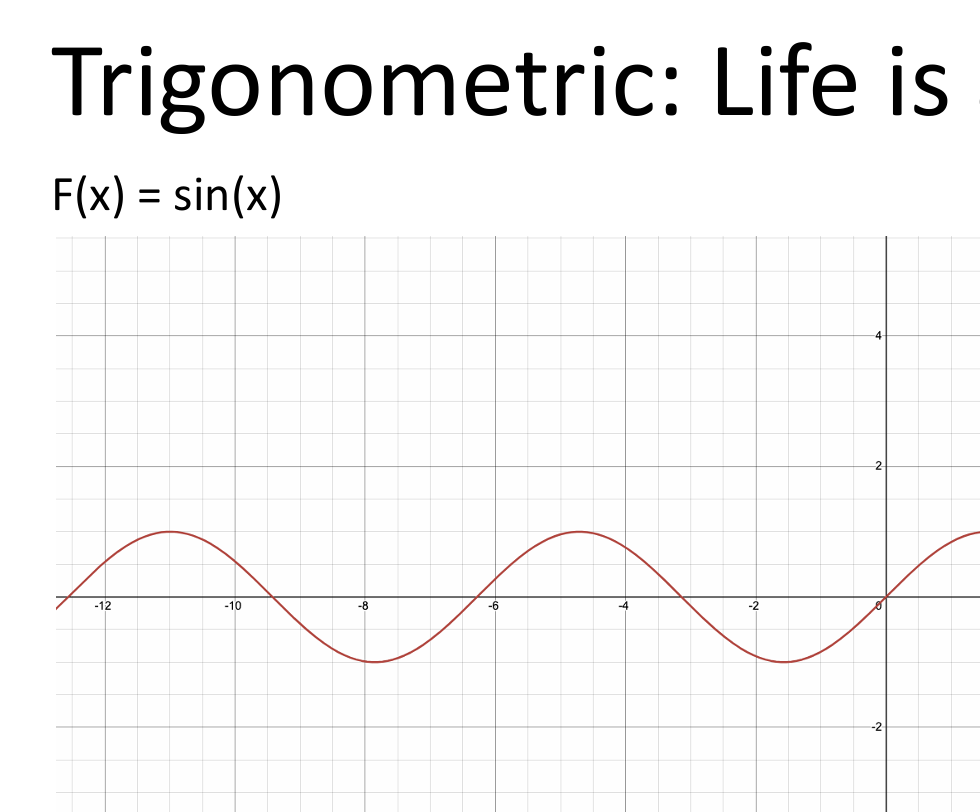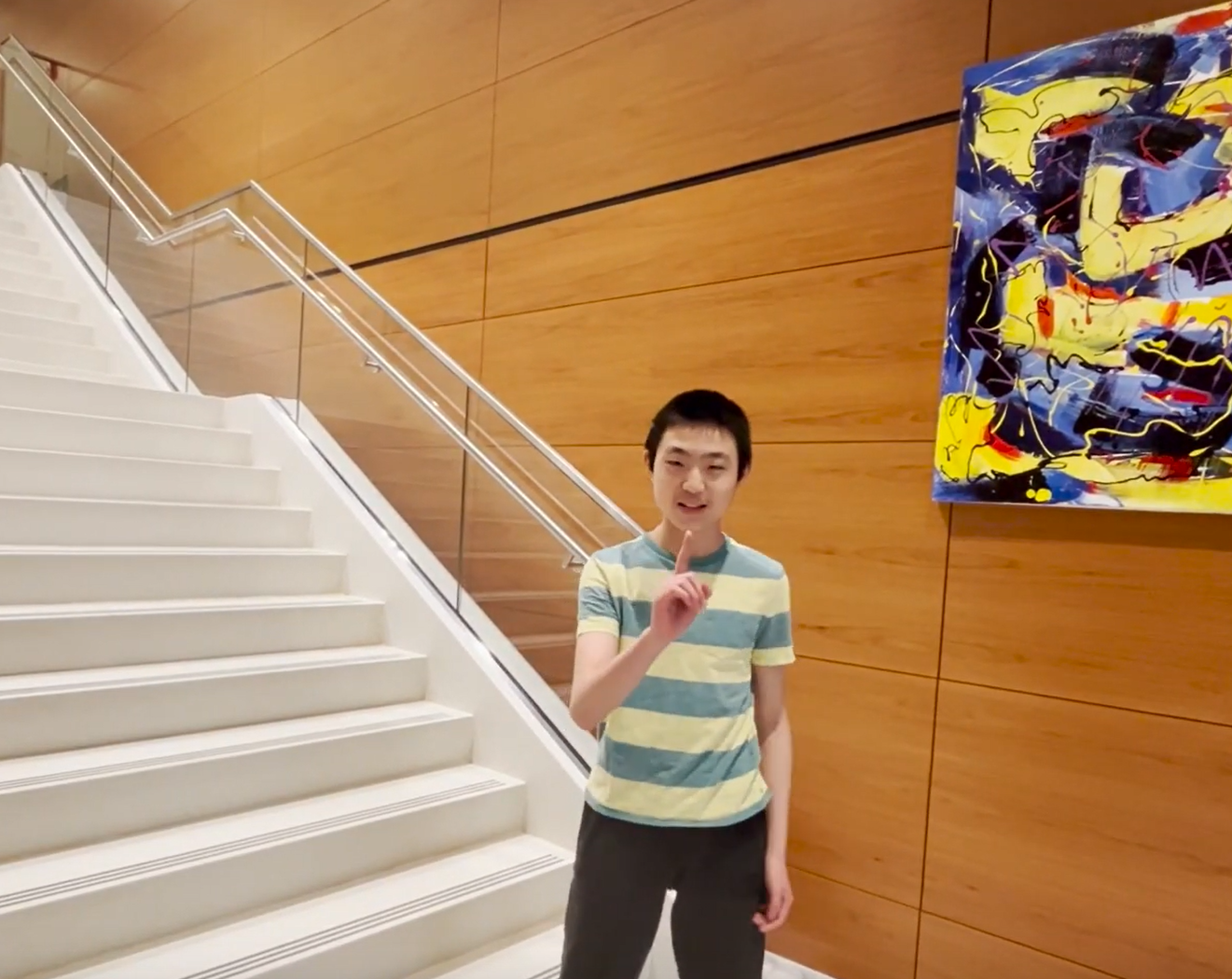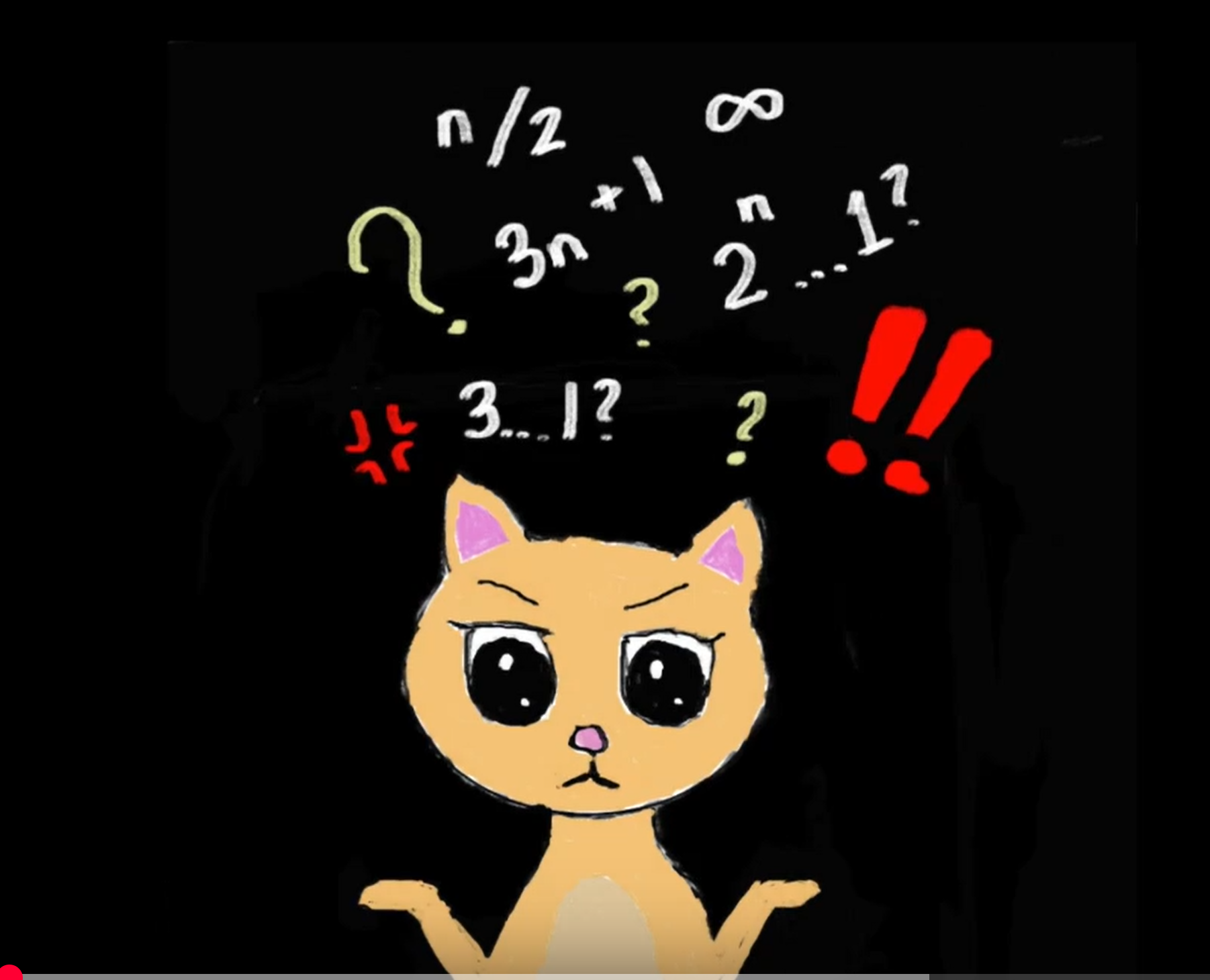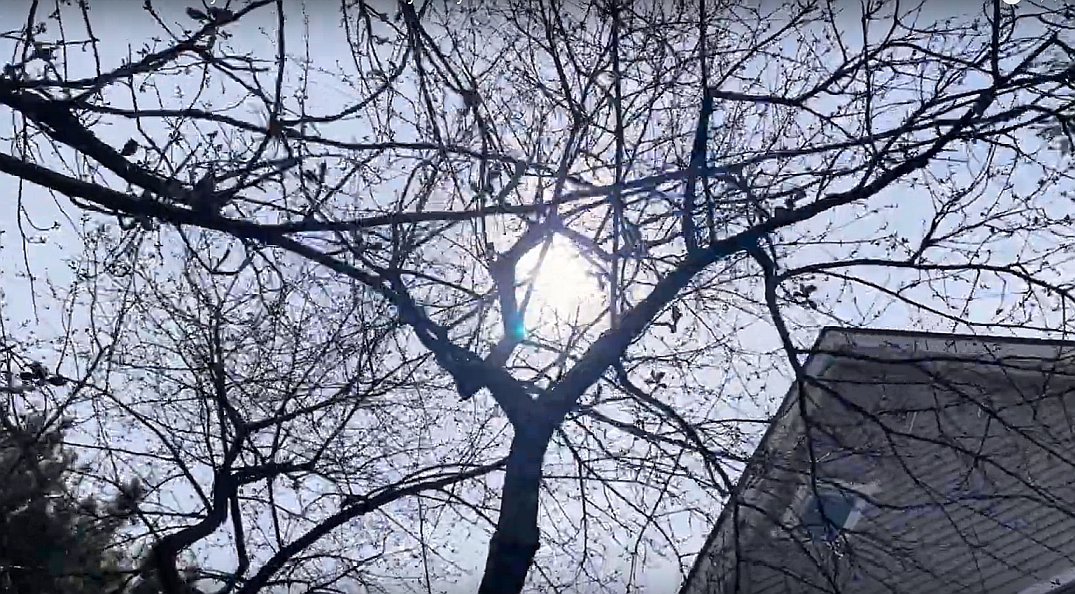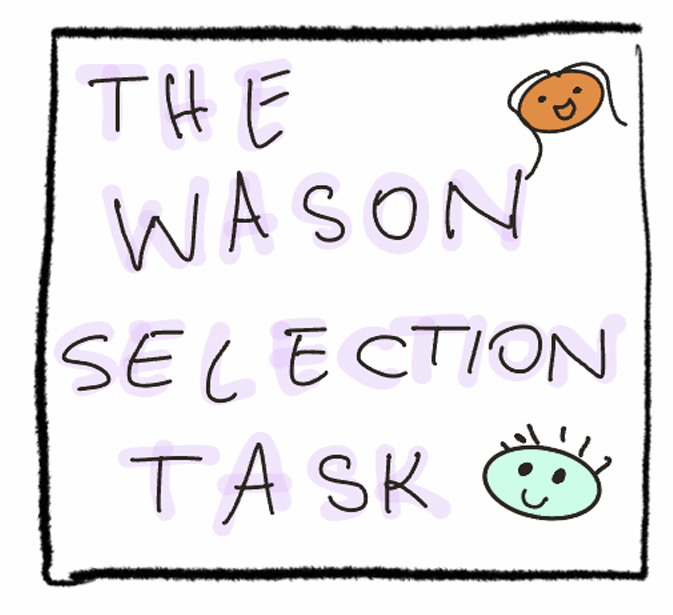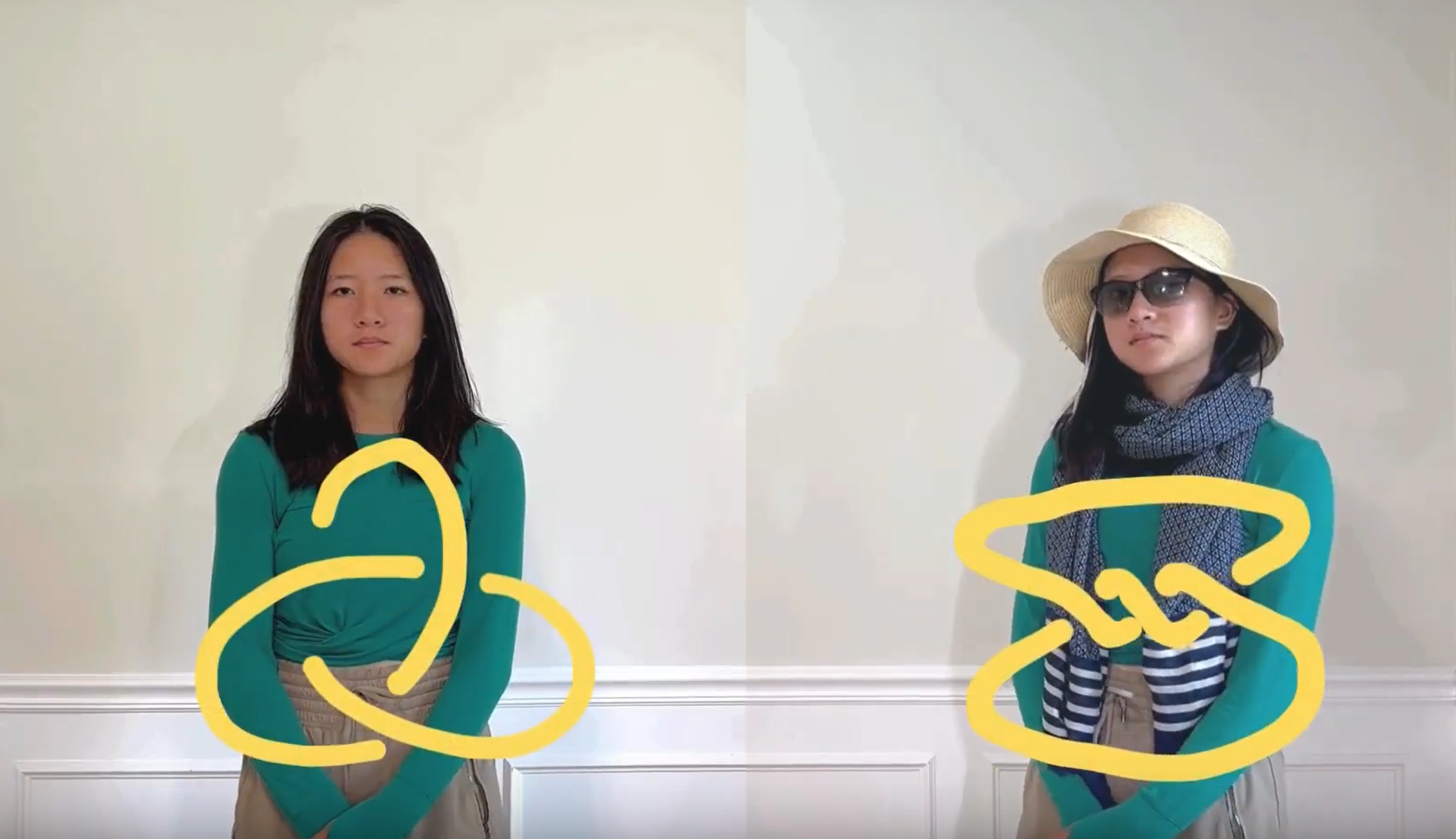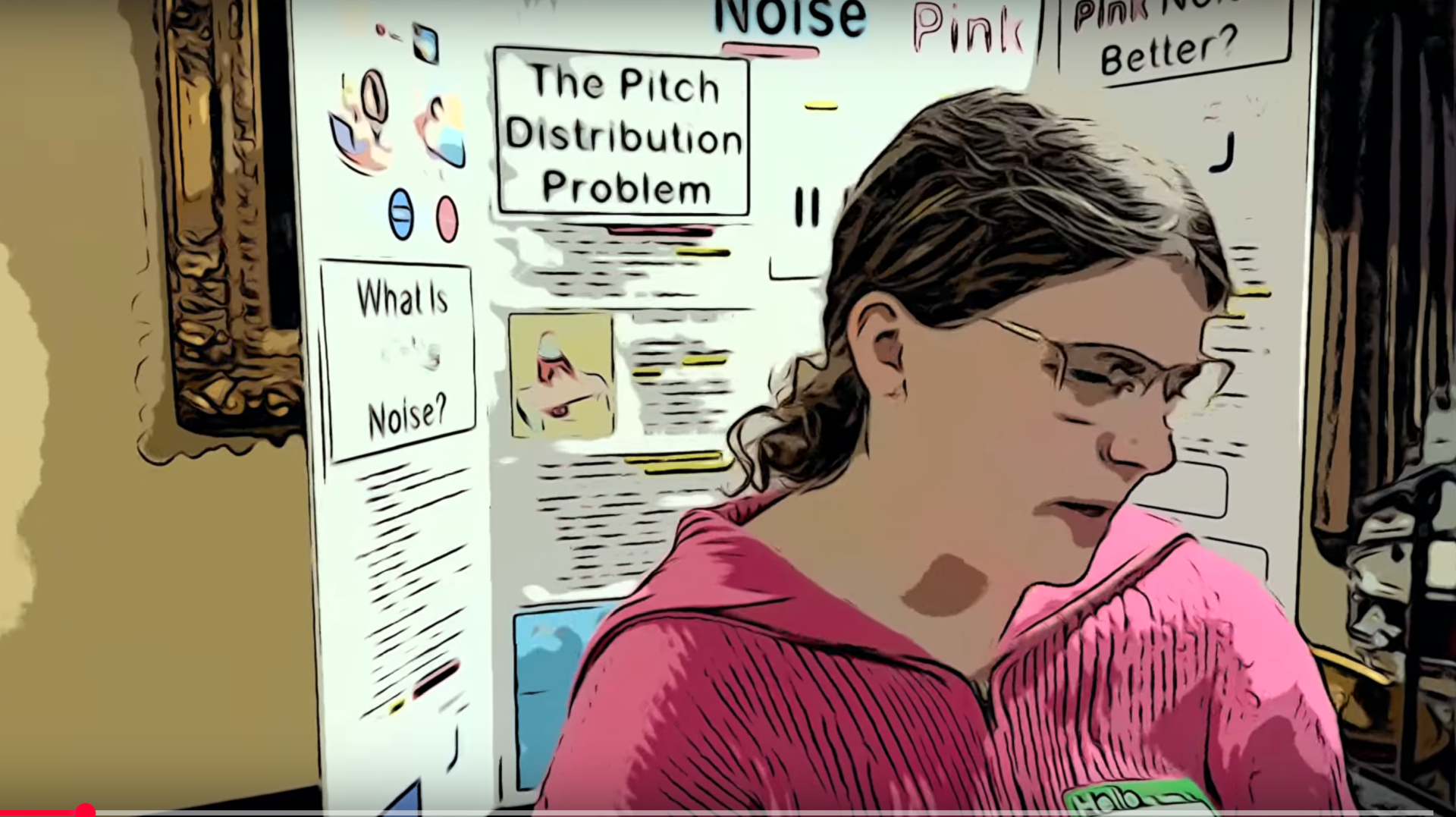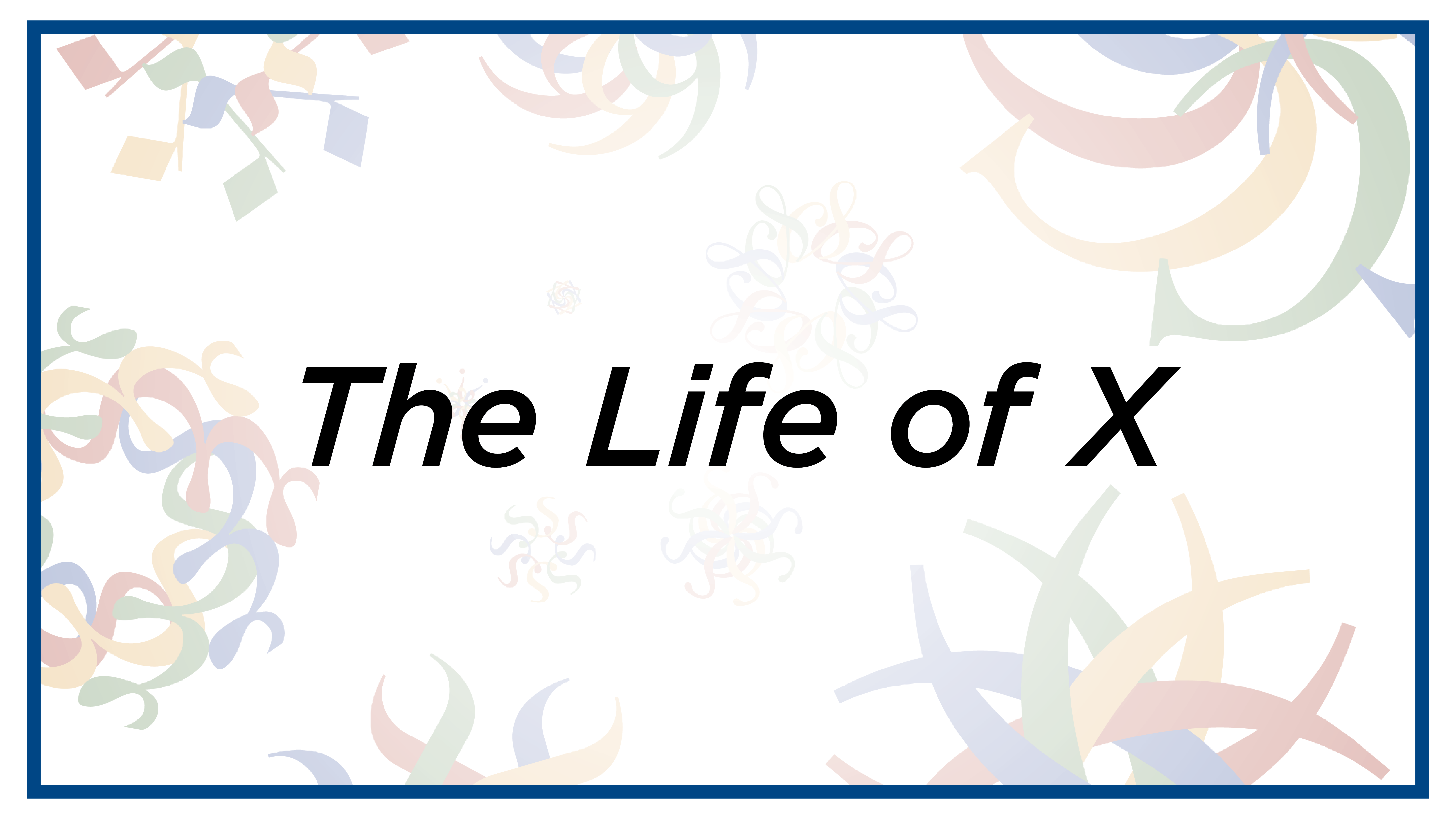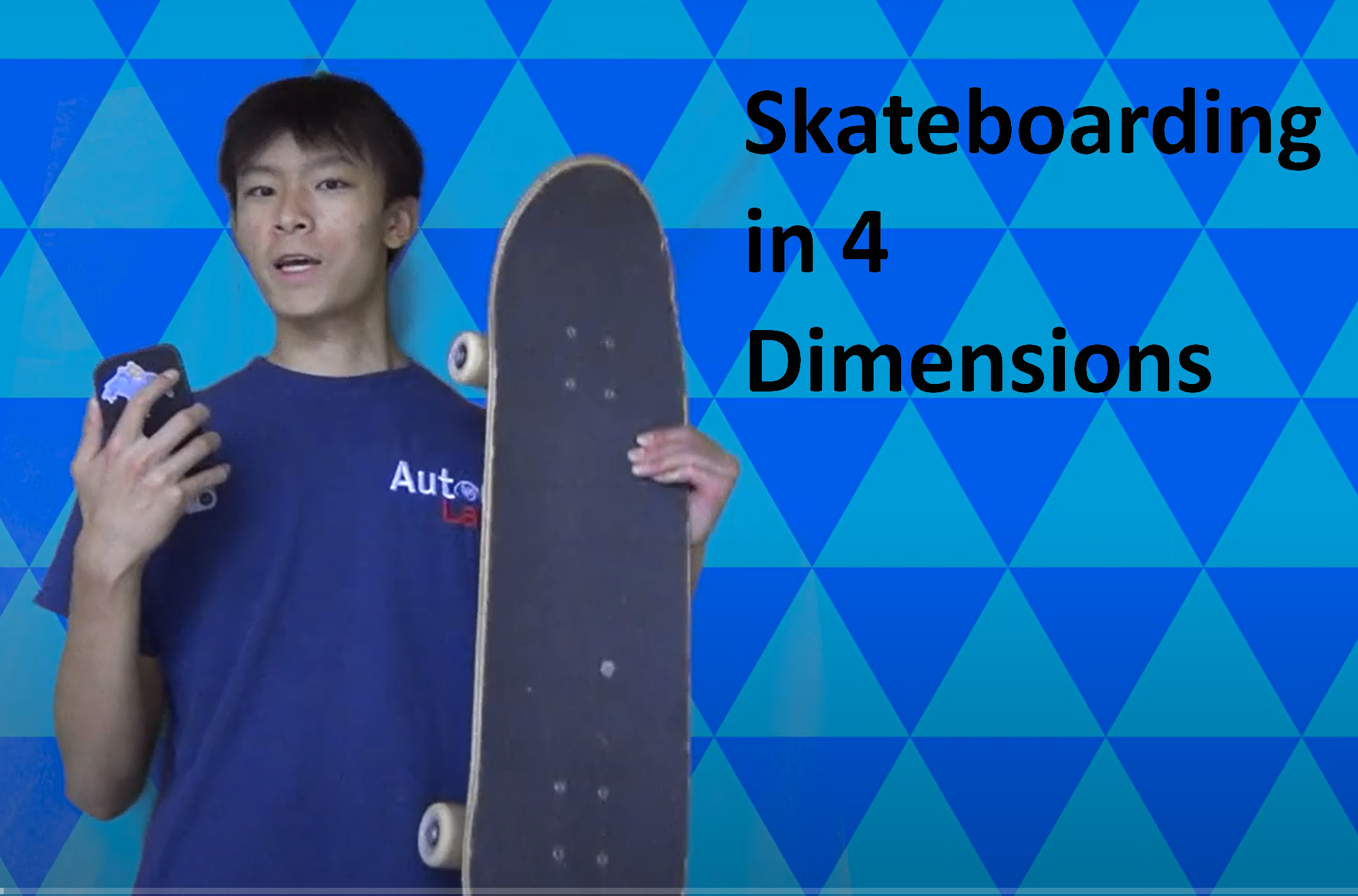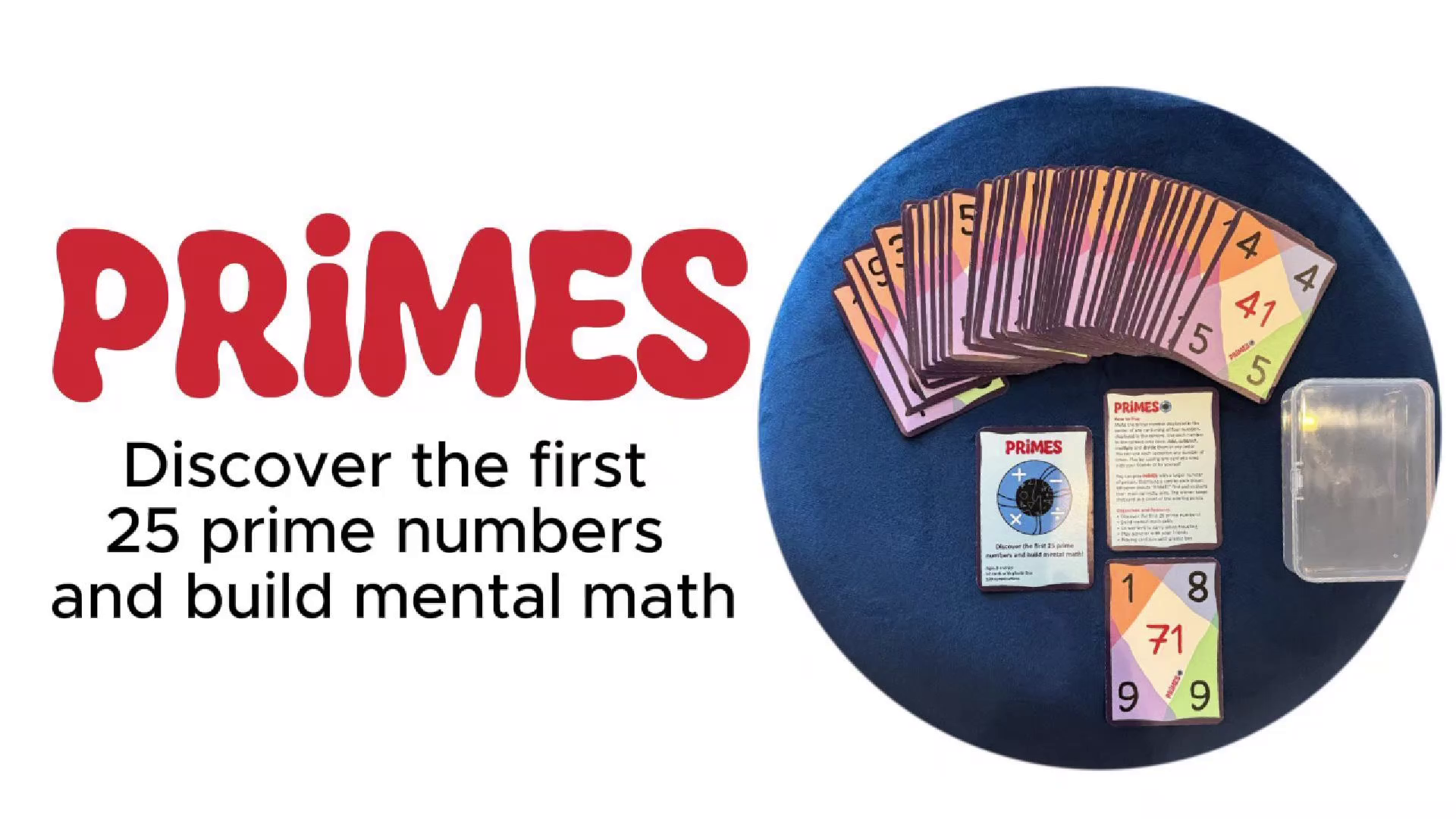Volumes, the MoMath book club
Love mathematics and books? Looking for a stimulating and fun discussion? Volumes, the MoMath book club, is just the thing for you! This monthly reading group is designed especially for those interested in mathematics and science and how they affect our lives. No prior math or science background is necessary.
_____________
Next up
A discussion of
Secrets of Mental Math: The Mathemagician’s Guide to Lightning Calculation and Amazing Math Tricks
With author and host Dr. Arthur Benjamin
Thursday, March 5
6:30 pm to 7:30 pm ET
(online)
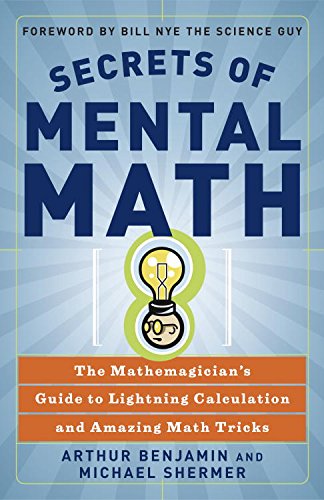
Join author and host Dr. Arthur Benjamin, MoMath’s 2025–2026 Visiting Professor for Public Outreach, for an engaging book club discussion of Secrets of Mental Math.
You’ll be able to quickly multiply and divide triple digits, compute with fractions, and determine squares, cubes, and roots without blinking an eye. No matter what your age or current math ability, Secrets of Mental Math will allow you to perform fantastic feats of the mind effortlessly. This is the math they never taught you in school.
_____________
Order your copy of Secrets of Mental Math from Additions, the shop at MoMath, and help support the premier math museum in North America while also scoring free registration to the March Volumes, the MoMath book club discussion! Simply place your order online or stop by the shop (225 Fifth Avenue, in Manhattan), then send a copy of your receipt to additions@momath.org to be registered for the March book club.
_____________
Looking for the MoMath book club designed specially for tweens and teens (ages 10–17)? Check out tweenprimes.momath.org!
Searching for a reading list designed especially for those interested in mathematics and science? Check out prior Volumes selections!
